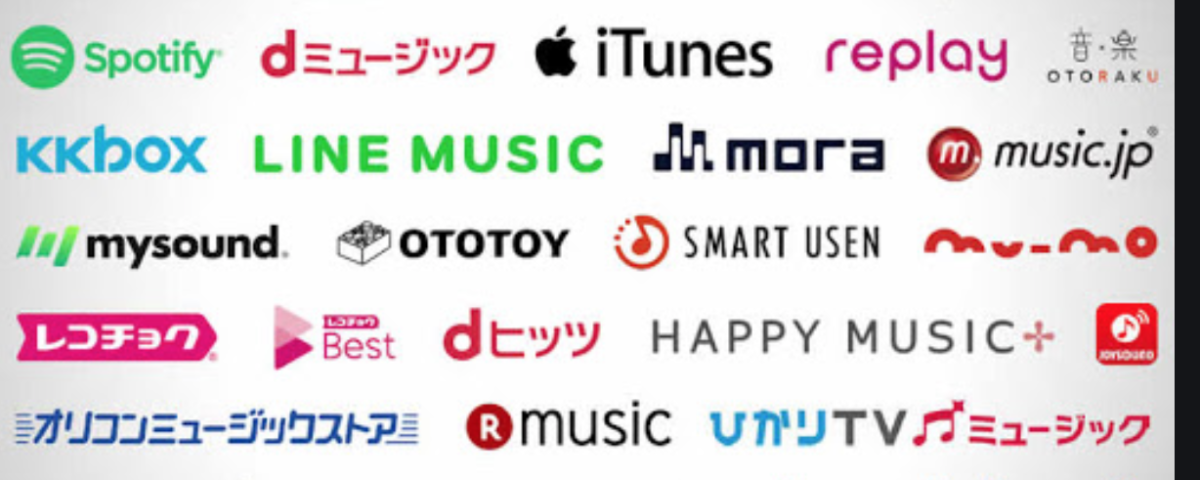The death of record labels or just another revolution?

What do musicians do in a world in lockdown?
September 22, 2020
Would live streaming, AR and VR replace live concerts?
March 1, 2021The proliferation of digital distribution means neither indie artists nor established singers need a record label to distribute their music anymore. Many artists like Chance the Rapper, Macklemore and Ryan Upchurch do not have a record label and they are, in all honesty, doing just fine without one. So what happened to all the hustle and bustle that was once associated with “getting signed”? Is this digital era the end of the road for record companies?
In theory, the role of record labels includes not just recording but also licensing, publishing and commercial means. If artists can release songs on their own, then what’s the point of giving away 80% plus of your income to the record label?
In case anyone has not noticed, it takes 1 million streams to earn 4,300 USD in royalty on a digital platform like Spotify. In order to make meaningful income through digital platforms, artists would need to have an immense following, meaning it could effectively take years and years for them to “make it.”
Universal, Sony and Warner Music own over 88% of the music sales in the world. If I were their CEO, I would prioritize the following:
- Technology
Beef up the technology department using AI to identify popular upcoming artists on digital platforms. This is similar to A&R but uses high-tech algorithms, making it more efficient and effective. Let’s try and break down how it works. Big data gives you an idea of what’s “hot” now, based on the virality of the video, the demographic and music type, and preference of the audience. Before all the digital buzz, Justin Beiber was the prime example of the power of Youtube. Nowadays, AI can also help to find the “stars of tomorrow” based on technology.
- Social Media Marketing Department
A record company label needs to be able to puh their artists to the top of the “recommendation” list that pops up when audiences scroll through what’s new on digital platforms. This may sound easy on paper, but takes significant effort in reality. The digital marketing team would also be armed with the most updated skills to backlink articles, news, and photos of their artists. Reputation management will also be an important part in protecting the artist’s public image. The vast amount of fake news and irresponsible social media posts can cause damage beyond anyone’s imagination. Policing the entire internet would never be possible but “reputation management” is something that the record company could hire professionals or train in-house staff to do. Many artists have set up their own channels across different platforms like IG, Tiktok, Twitter, etc., to make sure they are in touch with their fans. Many people have overlooked the true power behind Tiktok, which is the extraordinary AI behind its algorithm rather than a simple video sharing platform. Record companies could leverage this useful information to target specific audiences that fit their artist’s music styles in a much more efficient and impactful way.
- Forget about the 85% cut and go for the big picture
Record companies used to take a huge cut from artists’ earnings. If I were the label’s boss, I would rather change this outdated arrangement and look at the bigger picture. This would mean taking on an active role in making extra income from touring (instead of letting the concert company take charge), licensing, publishing and merchandising. This would require a massive shift in the mentality of the record company business model, but then “no pain, no gain.” Allow the artists to share in the profits more equally instead of taking away almost “everything”
- Professional Social Media team
Do more to earn the due. This is my advice as a CEO to the team. Put in place a comprehensive program to help artists in every step of the way, from media training and posting on social media, to impactful engagement with the audience. Nowadays, artists get their songs across to the public through interactive real-time online engagement (e.g., Global citizen concerts) and their own digital channels. Constant engagement with your audience can be exhausting and grilling, but is essential in maintaining a fan base.
- Is technology all you need? Not quite ….
Musical talent and creativity, spontaneity, live performances and hard work will always play a role in the music industry. Despite his success at a young age, Justin Beiber has managed to keep a huge following through active and regular engagement with his fans via IG and Youtube. By collaborating with different artists, Justin Bieber has been able to churn out hits after hits. Similarly, Rihanna, with an estimated net worth of 600 million USD in 2019, is one of the top-grossing artists globally. Her business empire includes fragrances, makeup, fashion line, and the streaming service Tidal.
Record companies can learn from this and start seeing themselves as broader, more multifaceted corporations. By adopting a “venture capitalist” approach, record companies can groom their artists and expand their brand value to include not just music but many other related offshoots, such as licensing, royalties, merchandising, personalised fashion lines. If this is done successfully, record labels would be here to stay. A change of mindset in the whole approach is the key to success and the long-term survival of a record company.




